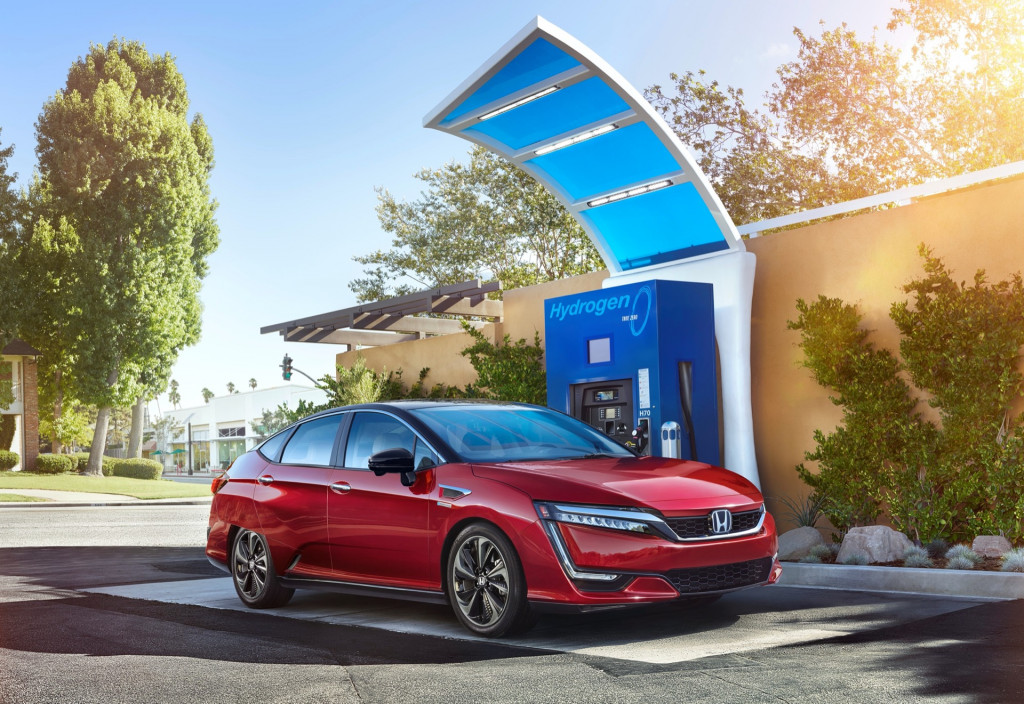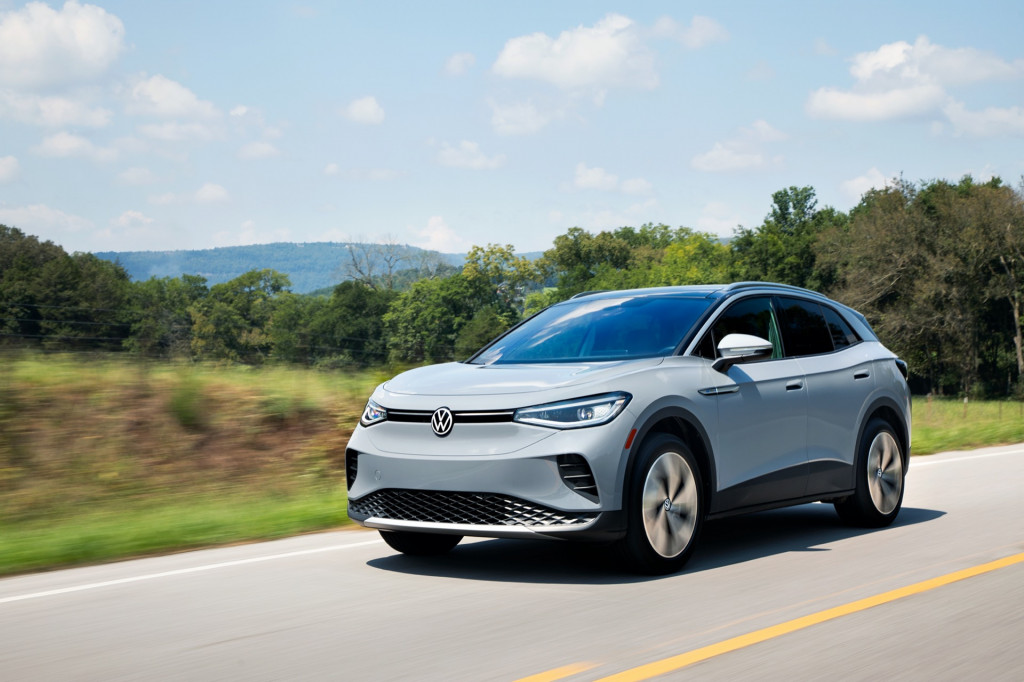Five automakers have filed a motion to intervene on the side of the EPA, against a legal challenge to California's ability to set its own stricter emissions standards.
In a joint statement, BMW, Ford, Honda, Volkswagen, and Volvo asked a federal court to uphold the EPA Decision Waiver giving California the ability to set emissions standards independent of federal standards under the Clean Air Act.
Meanwhile, a coalition of 17 state governments are opposing many states and some of the auto industry and essentially rallying for greater emissions allowances—over claims, not yet documented with peer-reviewed research, that it will make vehicles more affordable. The states, all Republican-governed states, are suing the EPA after the agency filed a March 14 essentially reversing actions of the Trump administration, which had tried to strip California of its rulemaking ability.

2021 Honda Clarity Fuel Cell
Arguing that California shouldn't get "special treatment" under the Clean Air Act, the Republican states are essentially trying to reverse the Biden administration's policy, perhaps with the goal of bringing the case before a Supreme Court now sympathetic to conservative ideologies.
The situation is now essentially the reverse of the Trump era. In 2019, California and other states sued to protect the state's Clean Air Act waiver, forcing automakers to choose sides. Several—including General Motors, Toyota, and Fiat Chrysler Automobiles (now Netherlands-based Stellantis)—sided with the Trump administration against California.
The five automakers that filed the motion backing California in the current legal fight were among those that cut side deals with the California Air Resources Board (CARB) regulatory agency to comply to stricter rules than what was required under lax Trump-era rules.

2021 Volkswagen ID.4 Pro S
The Biden administration moved to restore California's emissions authority in April 2021. By then, most of the automakers that supported the Trump-era policy had switched allegiances.
GM's change of allegiances was announced after Toyota and Fiat Chrysler in November 2020, after several state election results had been resolved and Biden's victory was confirmed. The automaker said in January that it was "committed to complying with California's regulations," yet it has not publicly chosen sides with California in this lawsuit.












